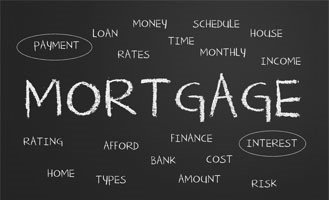Solving the puzzle – 5 Factors used in determining your credit score:
A credit score is a number that lenders use to determine the risk of lending money to a given borrower . Credit card companies, auto dealerships and mortgage bankers are three common examples of types of lenders that will check your credit score before deciding how much they are willing to lend you and at what interest rate.
Lenders grant you credit based on your:
– Willingness to Pay
– Ability to Pay
– Risk and return on their investment
Your credit score shows whether you have a history of financial stability and responsible credit management. It can range from 300 to 850, the higher the score, the better.
In Canada there are 2 major credit agencies – Equifax and TransUnion that compile credit scores based on the information in your credit report.
The credit-scoring algorithm looks at the credit-utilization rate used by lenders to evaluate consumer credit risk. Below are general guidelines
– Below 600 poor
– 600-619 average
– 620-679 better
– 680 + superior
Each agency report a slightly different score, but they should both paint a similar picture of your credit history.
– Payment history (approximately 35% of your score) A good record of on-time payments will help boost your credit score.
– The factor that has the biggest impact on your score is whether you have paid past credit accounts on time.
– Outstanding debt (approximately 30% of your score) Balances above 50 per cent of your credit limits will harm your credit. Aim for balances under 30 per cent.
– Part of the science of scoring is determining how much debt is too much for a given credit profile.
– Credit account history (approximately 15%of your score) An established credit history makes you a less risky borrower.
– Lenders want to see that you can responsibly manage your available credit over time.
– Recent inquires/New Credit (approximately 10%of your score) When a lender or business checks your credit, it causes a hard inquiry to your credit file.
– Apply for new credit in moderation since opening several credit accounts in a short period of time can represent greater risk
– Types of Credit In Use (approximately 10%of your score) If you have a mix of different types of credit, such as credit cards, store accounts, installment loans and mortgages.
– How many total accounts you have and potential credit.
Contact me today to discuss how to improve your credit score, before you are ready to apply/renew your mortgage.







